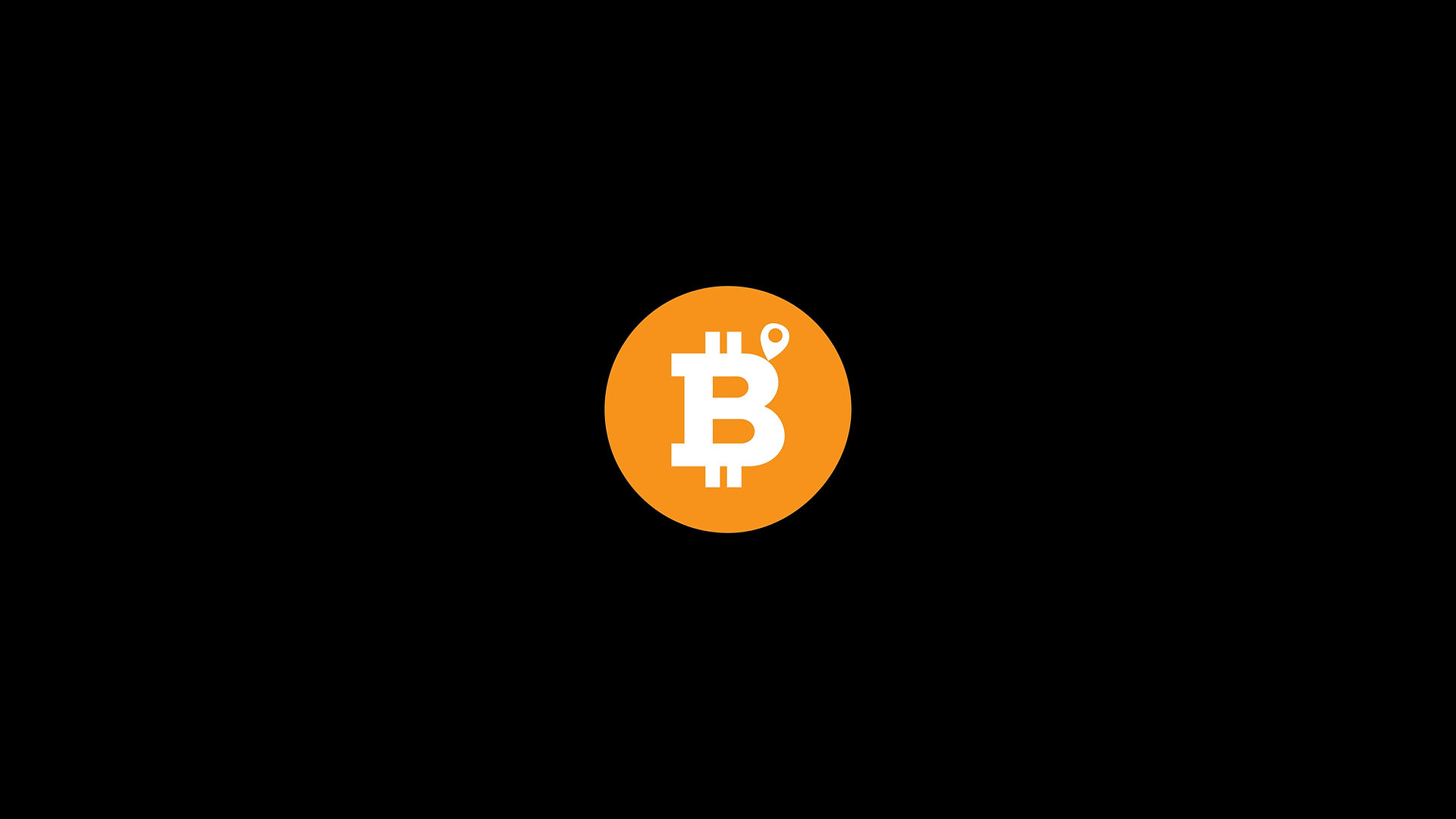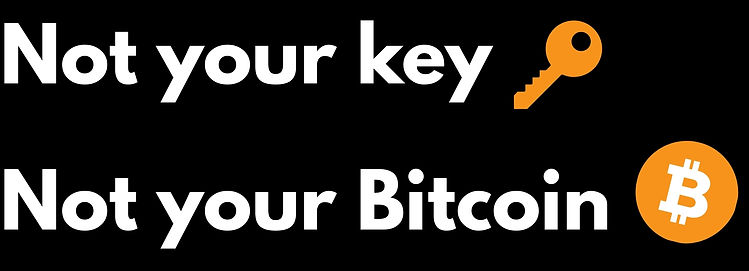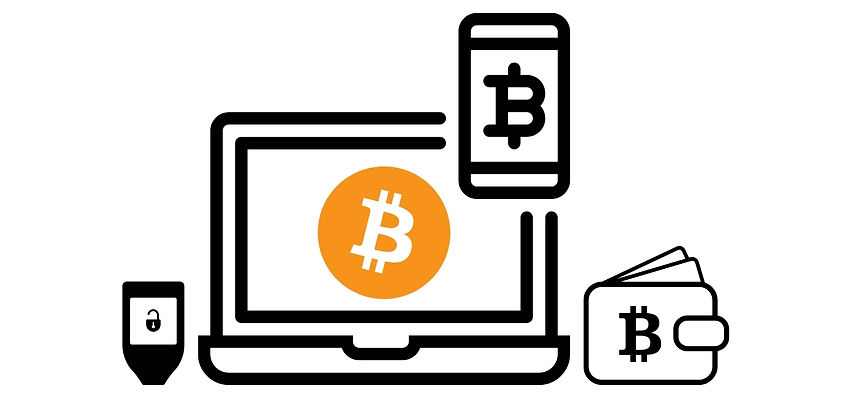
Self-custody
Bitcoin self-custody is critical because it gives you full control, eliminating reliance on centralised exchanges that can be hacked, mismanaged, or subject to regulatory seizure. By using hardware or software wallets, you will secure your private keys, ensuring ownership and protection against third-party failures. This aligns with Bitcoin’s decentralised ethos, empowering users to safeguard their wealth in an era of increasing financial surveillance and economic uncertainty.
Bitcoin offers absolute control by letting you be your own bank, but it come with absolute responsibility to safe guard and protect your private key.

Better safe than sorry
I highly recommend the use of a hardware Bitcoin wallet such as Trezor and a high grade metal seed backup if you are going to save your money in Bitcoin. Taking control of your private key eliminates the third party risk of whoever is controlling your key but taking this further and keeping the key offline in a hardware wallet eliminate the risk of getting hacked through malware. It's also highly recommended to set up a proper seed backup made out of high grade steel to reduce the risk of losing it in a environmental disaster or any damage that would destroy a paper backup.
The private key or seed phrase should never be shared.
If you're thinking about inheritance planning there are options to do it without giving away full control of your wallet with multi-signature wallets. The Bitcoin Spot offers a specific consultation for multi-signature wallets using Trezor devices here.
What's a Bitcoin wallet?

A Bitcoin wallet is a software or hardware tool that stores private and public keys, enabling users to send, receive, and manage Bitcoin transactions on the blockchain. It securely holds cryptographic keys to access and spend Bitcoin, acting like a digital bank account. Note that your wallet doesn't store your Bitcoin as Bitcoin stays on the blockchain, your wallet stores the private key that gives you access to your Bitcoin.
Imagine Bitcoin’s public key as your email address: you share it freely for others to send you messages (or Bitcoin). The private key is like your email password: it’s secret, only you use it to access and send messages (or spend Bitcoin). Just as you’d never share your password, you keep your private key secure to protect your Bitcoin wallet.
Wallets come in various forms, including mobile apps, desktop software, or physical devices like USB drives. If you lose access to your wallet, you can typically restore it with a seed phrase (12 or 24 words) for BIP-39-compatible wallets.
Your seed phrase should be kept safe, as whoever gets their hands on it has absolute control over your Bitcoin.
Links to popular Wallets:
Different types of Bitcoin Wallets
Hardware wallets
A hardware wallet is a physical device designed to securely store your Bitcoin private keys offline, protecting them from online threats like hacking or malware. It connects to a computer or smartphone to sign transactions without ever revealing your key, which are then broadcast to the blockchain, ensuring funds remain safe even on compromised computers. Trezor is a great start in your cold wallet journey, Cold Card is a top tier hardware wallet once you build up some experience. I recommend hardware wallets if you're looking to save in Bitcoin.
Desktop Wallets
Bitcoin desktop wallets are software applications installed on computers that store private keys, allowing users to send, receive, and monitor transactions. They offer greater control and security than web wallets by keeping keys offline when not in use, though they remain "hot" wallets vulnerable to malware if your computer is compromised. Popular options like Sparrow and Nunchuk support features such as multi-signature setups, custom fees, and hardware integration for enhanced protection, making them ideal for frequent users while requiring backups and antivirus for safety. Desktop wallets are a great way to start your self-custody journey, as they are free, but remember that the safest way is in a cold wallet.
Mobile wallets
Bitcoin mobile wallets are apps for smartphones (iOS/Android) that store private keys, enabling users to send, receive, and manage Bitcoin on the go. They offer convenience with features like QR code scanning for transactions and integration with exchanges or hardware wallets. Wallet of Satoshi is a great mobile wallet that also allows you to use the lightning network. As hot wallets, they’re susceptible to device theft or malware but provide strong security with PINs, biometrics, and seed phrase backups. Ideal for daily use, they’re less secure than hardware wallets for large holdings. Using hot wallets for large amount of Bitcoin is not recommended.
Web Wallets
Bitcoin web wallets are online platforms accessible via web browsers for storing, sending, and receiving Bitcoin without downloading software. They are very easy to use and prioritise security features like two-factor authentication to mitigate risks from hacks or phishing. Popular examples include Blockchain.com and Electrum's web version. Using hot wallets for large amount of Bitcoin is not recommended.
Paper wallets
Bitcoin paper wallets are a form of cold storage where private and public keys are generated offline and printed on paper, often as QR codes, to securely hold Bitcoin without internet exposure. This method provides strong protection against hacks and malware, making it ideal for long-term storage or gifting, as funds remain inaccessible until the private key is scanned or entered into a software wallet. However, they carry risks like physical loss, damage from fire or water, and potential fund loss if partial spends occur without proper change address handling, leading to their obsolescence in favour of hardware wallets. Paper being very fragile and easily lost, we do not recommend using paper wallets for Bitcoin.
Seed phrase
A Bitcoin seed phrase is a 12 or 24-word sequence that acts as a master key to recover a wallet’s private keys and access all associated Bitcoin. It’s critical to keep it safe and stored offline in a secure location like a safe or encrypted drive. Anyone with control of your seed phrase has full control over your funds. Loss or exposure risks permanent loss of your Bitcoin, as it’s the only way to restore a wallet if a device fails or is lost.
There are many way to store your seed phrase, the cheapest and most common is simply written on a piece of paper, but it can be very risky as paper is fragile and easily lost. I highly recommend buying a seed phrase backup made out of steel to keep it safe from fire, flood, fading or any other damage.
I personally use the Keystone Tablet and Trezor Keep Metal 24, both amazing product of very high quality, although the Trezor is a bit bulky.








